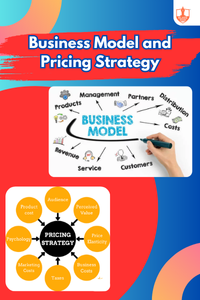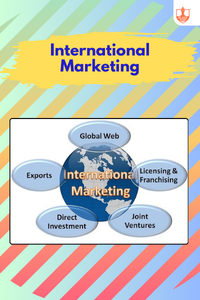Contents
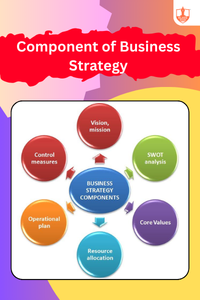
Component of Business Strategy
Description: Components of business strategy include analysis, formulation, implementation, and evaluation of plans to achieve organizational goals.

Vision Statement of a Company
Description: A vision statement outlines an organization's long-term aspirations and future direction, inspiring stakeholders and guiding strategic decisions.

Mission Statement of a Company
Description: A mission statement defines an organization's purpose, values, and primary objectives, guiding its operations and strategic decisions.

Goals & Objective
Description: Goals are broad, overarching aims that an organization or individual strives to achieve. Objectives are specific, measurable steps taken to accomplish those goals.

Amazon's Mission & Vision and Goal
Description: Amazon's mission: Customer-centric online marketplace. Vision: Earth's most customer-centric company. Goal: Innovation, growth, customer satisfaction.
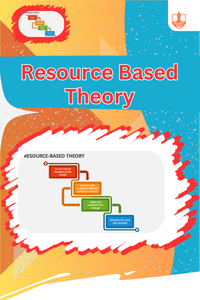
Resource Based Theory
Description: Resource-Based Theory examines how a firm's unique resources and capabilities contribute to its competitive advantage.

Types of Intellectual Property
Description: Types of intellectual property: patents (inventions), trademarks (brands), copyrights (artistic works), and trade secrets (confidential information).
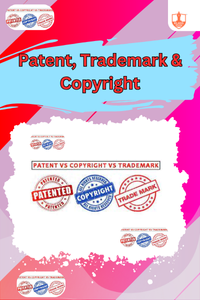
Patent, Trademark & Copyright
Description: Patent protects inventions. Trademark safeguards brands. Copyright covers artistic and literary works against unauthorized use.
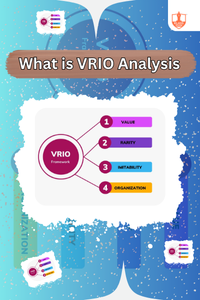
What is VRIO Analysis
Description: VRIO analysis assesses a firm's resources by evaluating their value, rarity, imitability, and organization to determine competitiveness.
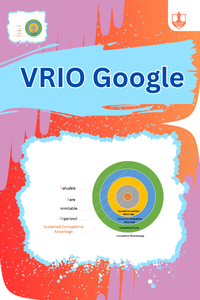
VRIO Google
Description: VRIO analysis of Google: Valuable tech resources, rare search algorithms, hard-to-imitate AI, well-organized innovation culture.

Value Chain Analysis
Description: Value chain analysis examines activities within a company to identify competitive advantages and cost efficiencies.
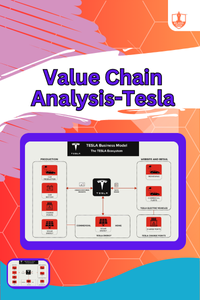
Value Chain Analysis-Tesla
Description: Value chain analysis of Tesla: Design, engineering, manufacturing, sales, and service innovation for electric vehicles and sustainable energy solutions.
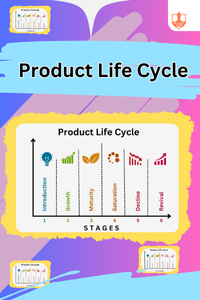
Product Life Cycle
Description: Product life cycle: Introduction, growth, maturity, decline stages marking a product's market evolution from launch to discontinuation.
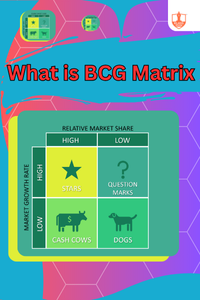
What is BCG Matrix
Description: BCG Matrix assesses business units by growth rate and market share to determine strategic priorities.
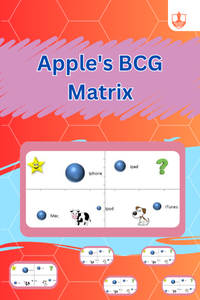
Apple's BCG Matrix
Description: Apple's BCG Matrix classifies iPhones and iPads as Stars, Services as Question Marks, MacBooks as Cash Cows, and Accessories as Dogs.
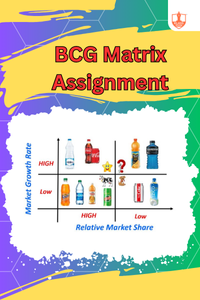
BCG Matrix Assignment
Description: BCG Matrix assigns business units into four categories based on market growth rate and relative market share for strategic planning.
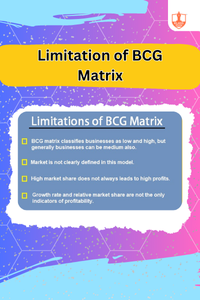
Limitation of BCG Matrix
Description: Limitations of BCG Matrix include oversimplification, neglecting market dynamics, and not considering competitive factors and external influences adequately.
.jpeg)




